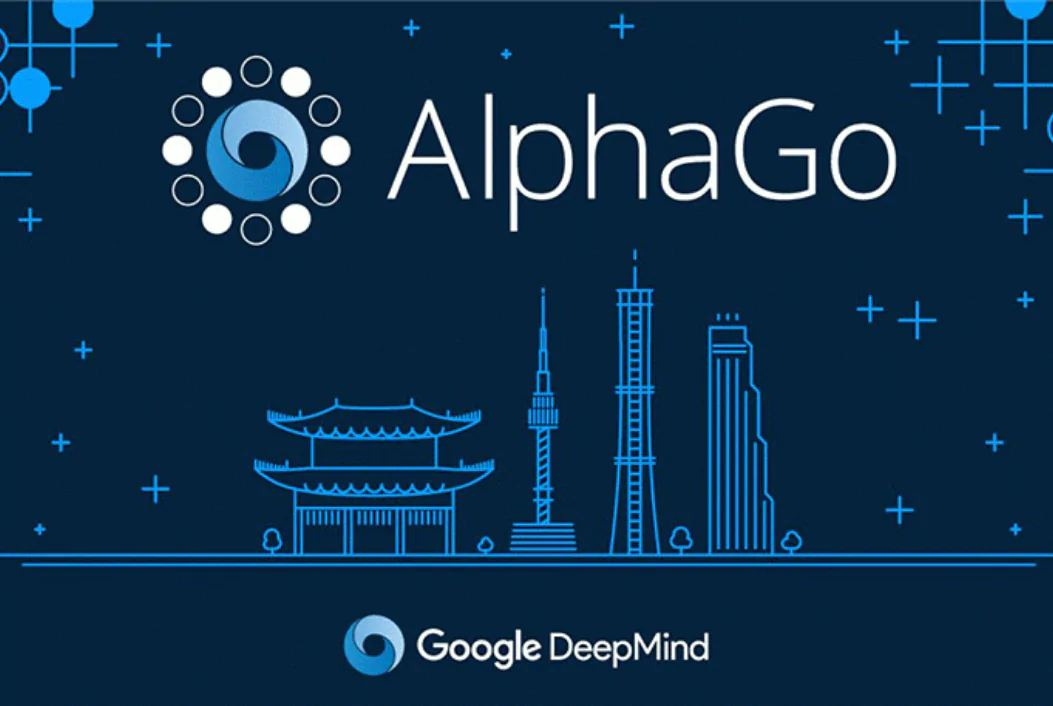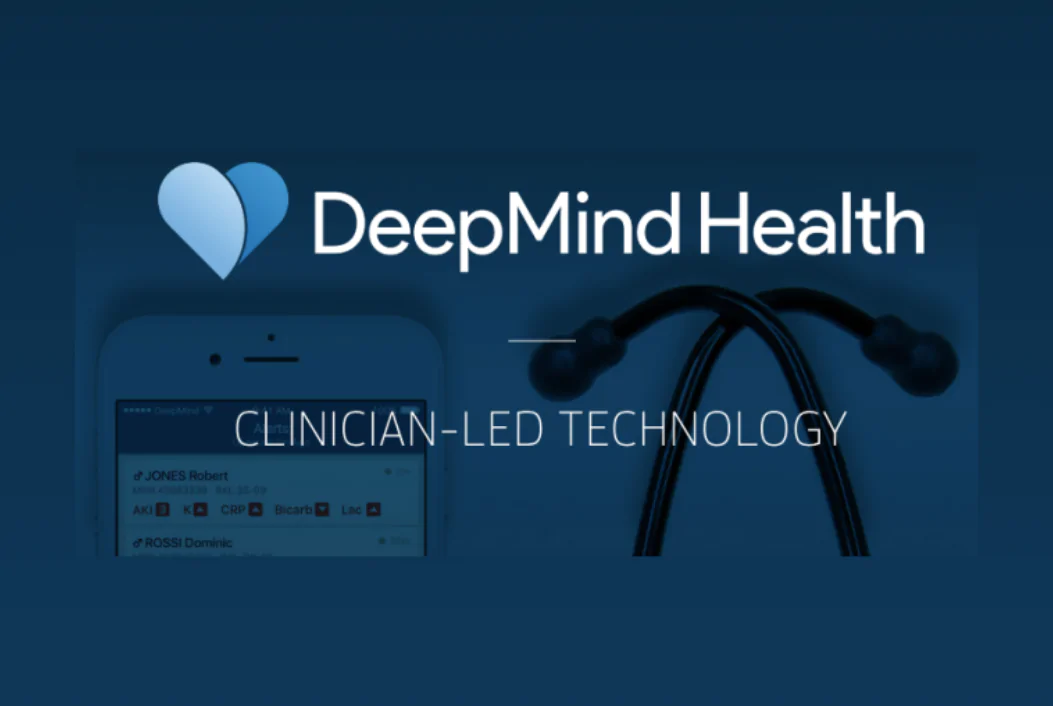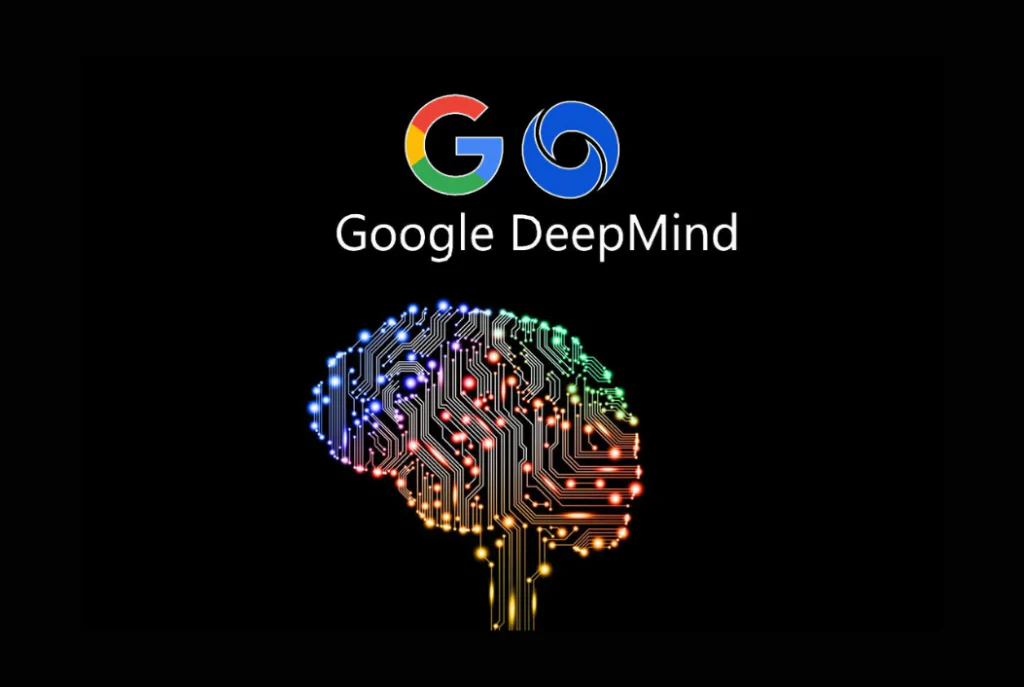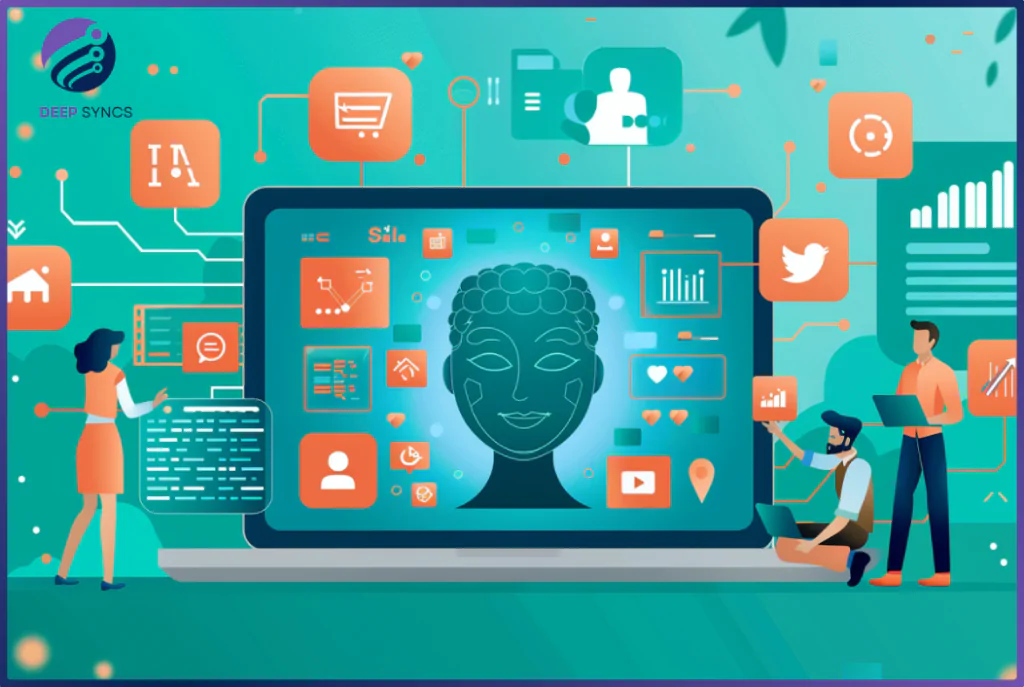In the realm of artificial intelligence (AI), Google DeepMind stands as a beacon of innovation and exploration. Since its inception in 2010, this British AI company has been on a relentless quest to push the boundaries of what AI can achieve. Acquired by Google in 2014, DeepMind has garnered widespread acclaim for its groundbreaking research and transformative applications across various domains. Let’s delve into the multifaceted world of Google DeepMind.
Introduction to Google DeepMind
Google DeepMind emerged from the visionary minds of Demis Hassabis, Shane Legg, and Mustafa Suleyman. The company’s primary objective was clear from the outset: to solve intelligence and use it to make the world a better place. DeepMind’s journey began with a focus on fundamental AI research, exploring areas like deep learning, reinforcement learning, and neural networks.
Evolution of Google DeepMind
Google DeepMind’s evolution is a testament to the relentless pursuit of innovation in the field of artificial intelligence (AI). Since its inception in 2010, DeepMind has undergone a remarkable journey marked by groundbreaking discoveries, transformative breakthroughs, and impactful applications across various domains. Let’s trace the evolution of Google DeepMind, from its humble beginnings to its status as a global leader in AI research and development.
Inception and Founding Vision
DeepMind was founded in London in 2010 by Demis Hassabis, Shane Legg, and Mustafa Suleyman, with a bold vision to “solve intelligence” and utilize AI to address some of the world’s most pressing challenges. The founders brought together their expertise in neuroscience, machine learning, and computer science to embark on a journey that would revolutionize the AI landscape.
Early Research and Exploration
In its early years, DeepMind focused on fundamental AI research, exploring various approaches to machine learning, neural networks, and reinforcement learning. The company’s interdisciplinary team of researchers delved into the complexities of artificial intelligence, seeking to unravel the mysteries of intelligence and develop algorithms capable of learning and reasoning in a manner akin to humans.

Breakthroughs in Game AI
DeepMind gained international recognition with its triumphs in mastering complex games. AlphaGo, DeepMind’s AI program for playing the ancient board game Go, stunned the world by defeating Lee Sedol, a top-ranked Go player, in 2016. This victory showcased AI’s ability to tackle problems once deemed insurmountable for machines, marking a pivotal moment in the AI landscape.

Ethical Considerations and Criticisms
As with any powerful technology, DeepMind’s advancements have raised ethical concerns and criticisms. Issues surrounding data privacy, algorithmic bias, and the potential for AI to exacerbate societal inequalities have prompted scrutiny and calls for responsible AI development. DeepMind acknowledges these challenges and actively engages in ethical discussions to ensure its technology is developed and deployed responsibly.
Collaborations and Partnerships
DeepMind values collaboration and partnerships as key drivers of innovation. The company has collaborated with leading academic institutions, healthcare providers, and industry partners to advance AI research and its applications. By fostering an open and collaborative ecosystem, DeepMind aims to accelerate progress and address complex challenges more effectively.
Real-World Applications and Impact
Beyond games, DeepMind has applied its AI technology to tackle real-world challenges in areas such as healthcare, energy efficiency, and scientific research. Projects like Streams, which assists clinicians in delivering faster and more personalized patient care, exemplify DeepMind’s commitment to leveraging AI for societal benefit. DeepMind’s contributions have the potential to revolutionize industries, improve lives, and shape the future of AI-driven innovation.
1. Healthcare: Streams
DeepMind’s Streams app is designed to assist healthcare professionals in delivering faster and more personalized patient care. It leverages AI algorithms to analyze patient data, detect deteriorating conditions, and provide timely alerts to clinicians. By streamlining workflows and facilitating proactive interventions, Streams aims to improve patient outcomes and reduce healthcare costs.

2. Energy Efficiency: DeepMind for Google Data Centers
DeepMind collaborated with Google to optimize energy usage in data centers, which are notorious for their high energy consumption. DeepMind’s AI algorithms analyze vast amounts of data, including temperature, power, and pump speeds, to identify opportunities for energy savings. By dynamically adjusting cooling systems and other parameters, DeepMind’s AI has helped Google reduce energy consumption in its data centers, leading to significant cost savings and environmental benefits.
3. Science: AlphaFold
DeepMind’s AlphaFold is an AI system designed to predict the 3D structure of proteins, a task critical for understanding biological processes and developing new drugs. In 2020, AlphaFold made headlines by winning the Critical Assessment of Structure Prediction (CASP) competition, outperforming other methods in accurately predicting protein structures. AlphaFold’s breakthrough has the potential to revolutionize drug discovery and protein engineering, accelerating scientific research and innovation in biomedicine.
4. Environmental Conservation: Wildlife Monitoring
DeepMind has collaborated with conservation organizations to apply AI to wildlife monitoring and conservation efforts. Using AI algorithms to analyze camera trap images and acoustic recordings, DeepMind’s technology can identify and track endangered species, monitor biodiversity, and detect illegal activities such as poaching. By automating and enhancing wildlife monitoring processes, DeepMind’s AI contributes to conservation efforts aimed at preserving biodiversity and protecting endangered species.
5. Language Translation: Multilingual Neural Machine Translation
DeepMind has developed state-of-the-art neural machine translation models capable of translating text between multiple languages with high accuracy. These models, trained using deep learning techniques, have been integrated into various Google products and services, including Google Translate. By enabling seamless communication across language barriers, DeepMind’s language translation technology facilitates global collaboration and information sharing in diverse linguistic contexts.
These real-world applications of Google DeepMind’s AI demonstrate the potential of AI technology to address complex challenges and create positive impact across diverse domains, from healthcare and energy efficiency to scientific research and environmental conservation. As DeepMind continues to innovate and collaborate, its AI solutions have the potential to drive transformative changes and improve lives on a global scale.
Ethical Considerations and Responsible AI
As DeepMind continues to push the boundaries of AI, it is mindful of the ethical implications of its research and development efforts. The company actively engages in discussions surrounding AI ethics, transparency, and accountability, striving to ensure that its technology is developed and deployed responsibly. DeepMind recognizes the importance of addressing ethical concerns and working collaboratively with stakeholders to shape the future of AI in a positive and ethical manner.
Future of Google DeepMind
The future of Google DeepMind is a tantalizing prospect, filled with promise and potential for groundbreaking advancements in artificial intelligence (AI). As DeepMind continues to push the boundaries of AI research and development, several key themes emerge that offer insights into its future trajectory:
- Advancements in AI Research: DeepMind will continue to lead the charge in advancing the frontiers of AI research, exploring novel approaches to machine learning, reinforcement learning, and other areas of AI. The company’s interdisciplinary team of researchers will delve deeper into the mysteries of intelligence, striving to develop AI systems that exhibit ever-increasing levels of sophistication, adaptability, and generalization.
- Real-World Applications: DeepMind’s AI technology will find increasingly diverse and impactful applications across various domains, including healthcare, climate change, energy efficiency, and scientific research. Projects like Streams, AlphaFold, and energy optimization initiatives are just the beginning, as DeepMind explores new ways to harness AI to tackle real-world challenges and improve lives on a global scale.
- Ethical and Responsible AI: Google DeepMind will continue to prioritize ethical considerations and responsible AI development, ensuring that its technology is developed and deployed in ways that benefit society while minimizing potential risks and harms. The company will actively engage in ethical discussions, collaborate with experts, and implement robust safeguards to address ethical concerns surrounding AI, data privacy, fairness, transparency, and accountability.
- Human-AI Collaboration: Google DeepMind will explore new paradigms of human-AI collaboration, where AI systems work alongside humans as intelligent assistants, collaborators, and co-creators. By combining the strengths of AI and human expertise, DeepMind’s technology has the potential to augment human capabilities, enhance decision-making processes, and unlock new opportunities for innovation and creativity.
- Global Impact and Societal Benefits: DeepMind’s AI solutions will continue to drive positive societal impact and create tangible benefits for people around the world. Whether it’s improving healthcare outcomes, mitigating climate change, advancing scientific knowledge, or addressing societal challenges, DeepMind’s technology has the potential to make a difference on a global scale, ushering in a future where AI serves as a powerful force for good.
Conclusion
Google DeepMind stands at the forefront of AI research and innovation, pioneering advancements that redefine what is possible with artificial intelligence. From mastering games to tackling real-world problems, DeepMind’s impact reverberates across diverse domains, offering glimpses into a future where AI serves as a powerful force for good. As DeepMind continues its quest to unlock the mysteries of intelligence, one thing remains certain: the journey towards AI’s full potential is just beginning.
FAQ
Q: What is DeepMind’s relationship with Google?
Google acquired DeepMind in 2014, providing the company with resources and support to pursue its research and development endeavors while maintaining a degree of autonomy.
Q: How does DeepMind address ethical concerns in AI development?
DeepMind actively engages in ethical discussions and collaborates with experts to ensure its AI technology is developed and deployed responsibly, with a focus on transparency, fairness, and accountability.
Q: What are some notable applications of DeepMind’s AI beyond games?
DeepMind’s AI has been applied to healthcare (e.g., Streams for clinical support), energy optimization, natural language processing, and scientific research (e.g., protein folding prediction).
Q: How does DeepMind contribute to the broader AI research community?
DeepMind publishes its research findings in top academic journals and conferences, contributes to open-source projects, and collaborates with academic institutions and research organizations worldwide, fostering knowledge sharing and collaboration within the AI community.


